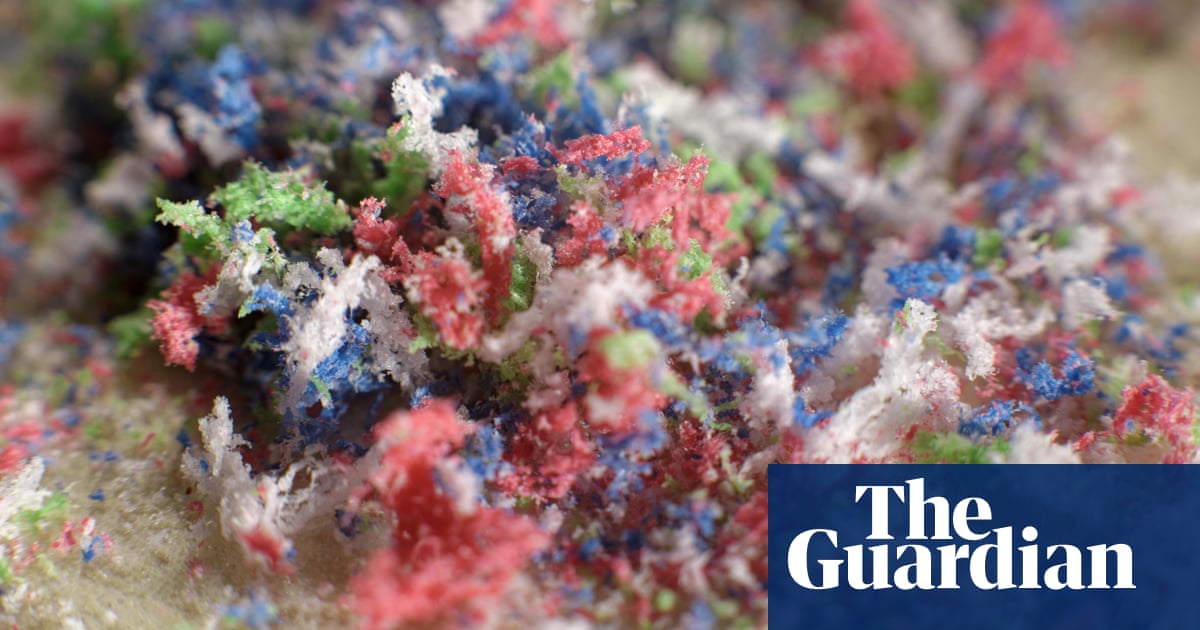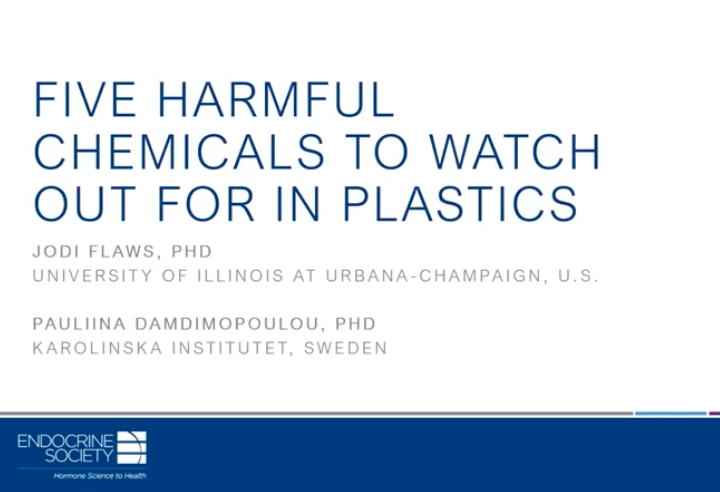About 90% of water samples taken over the last 10 years from the Great Lakes contain microplastic levels that are unsafe for wildlife, a new peer-reviewed paper from the University of Toronto finds. About 20% of those samples are at the highest level of risk, but the study’s authors say the damage can be reversed …
Continue reading “90% of Great Lakes water samples have unsafe microplastic levels – report”






